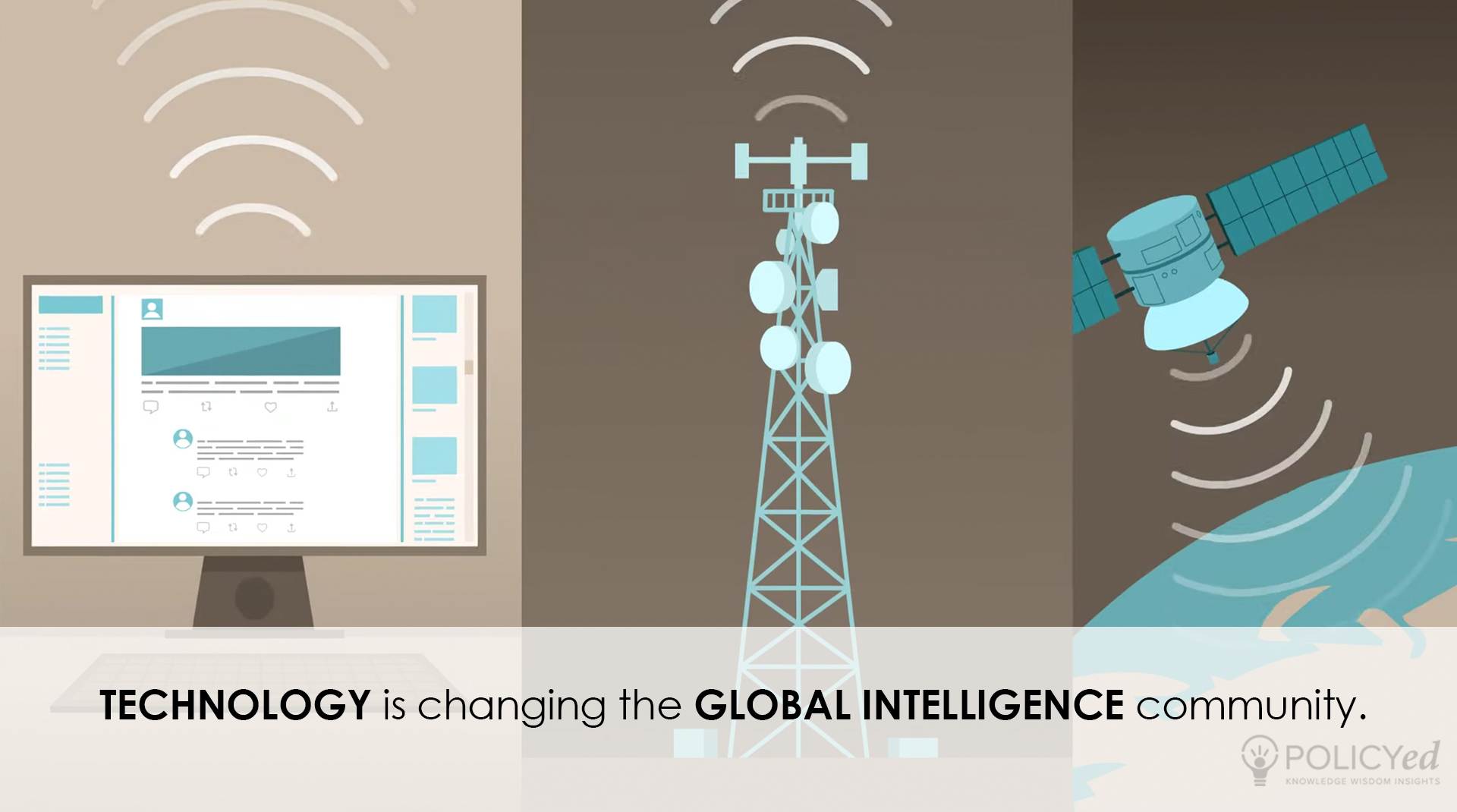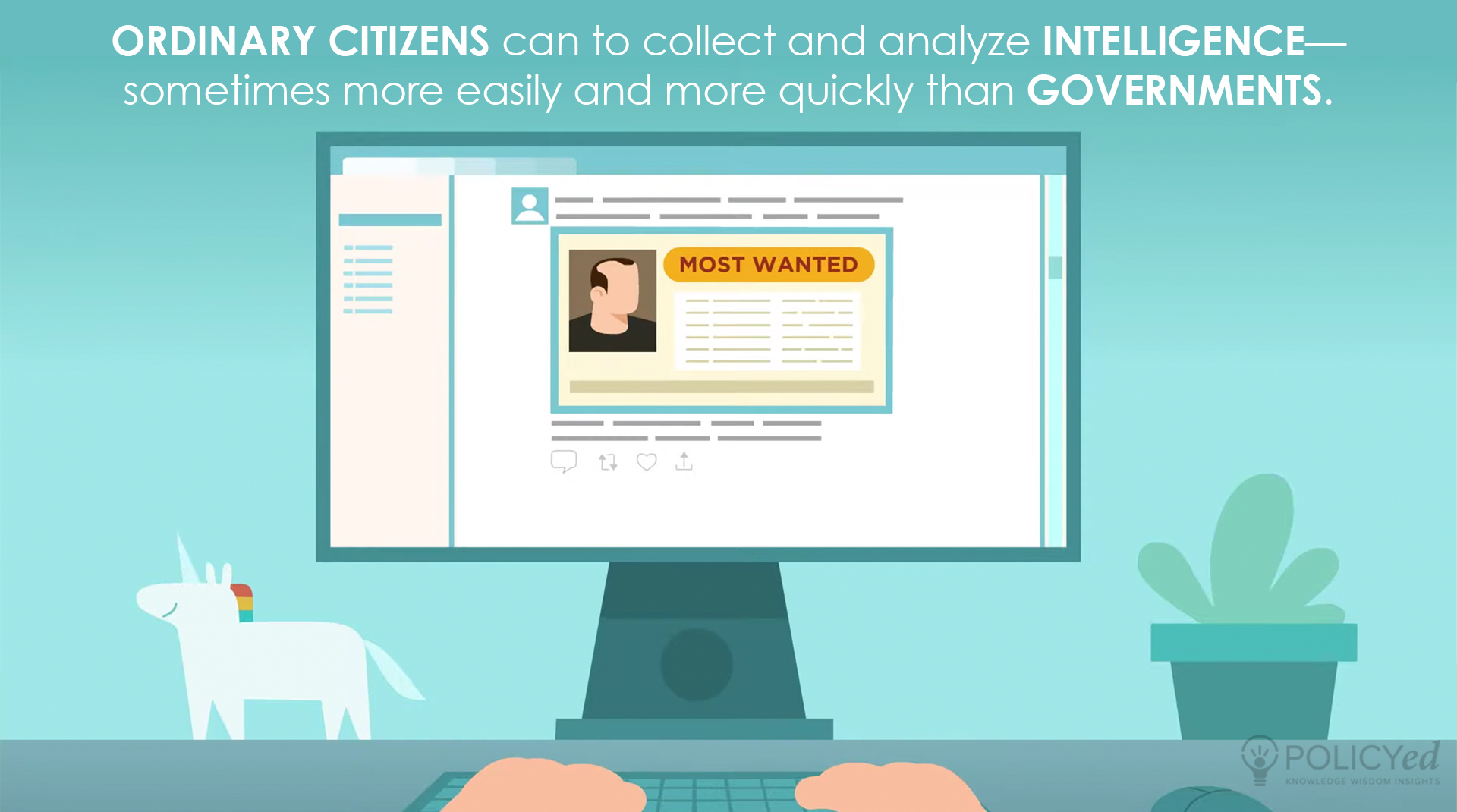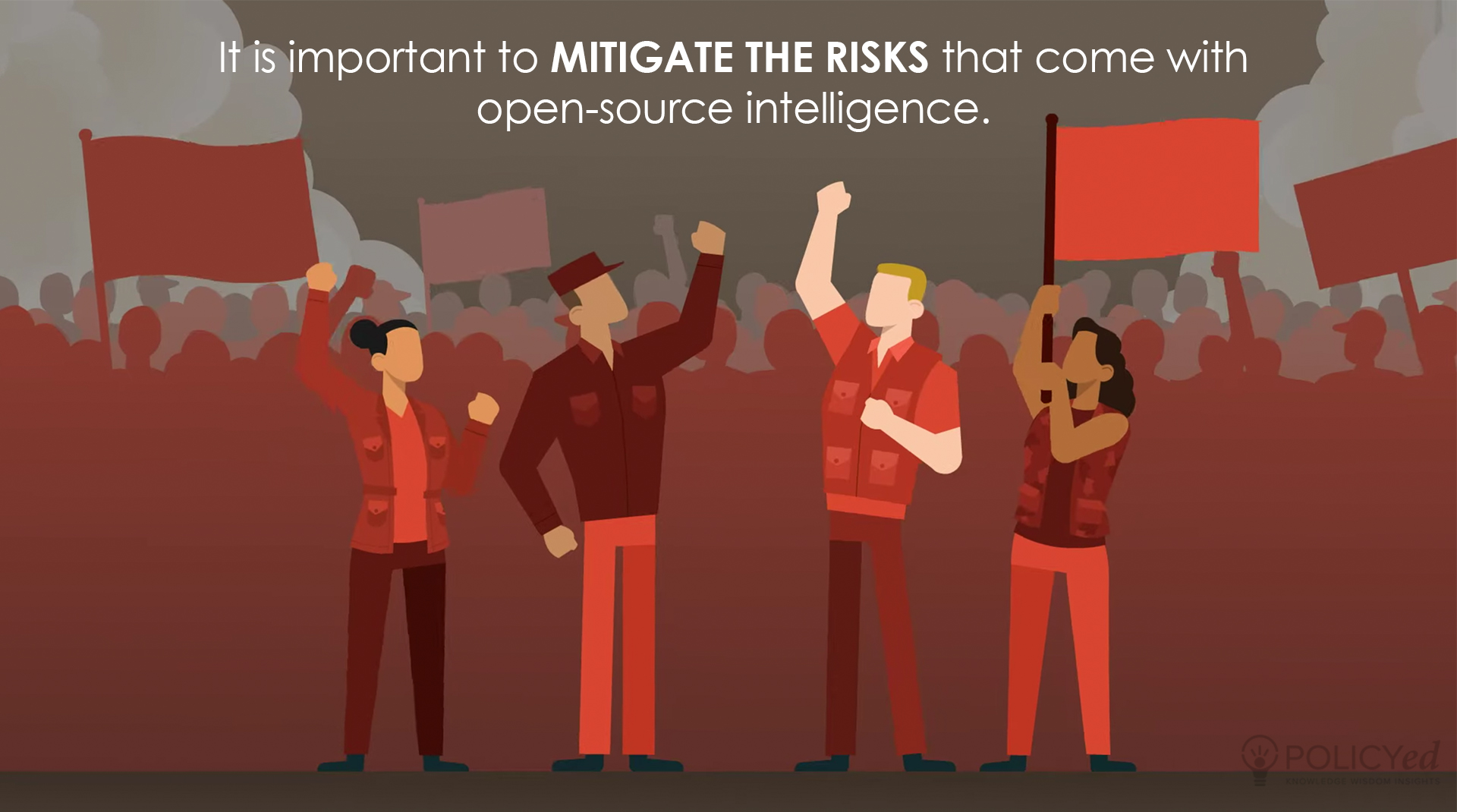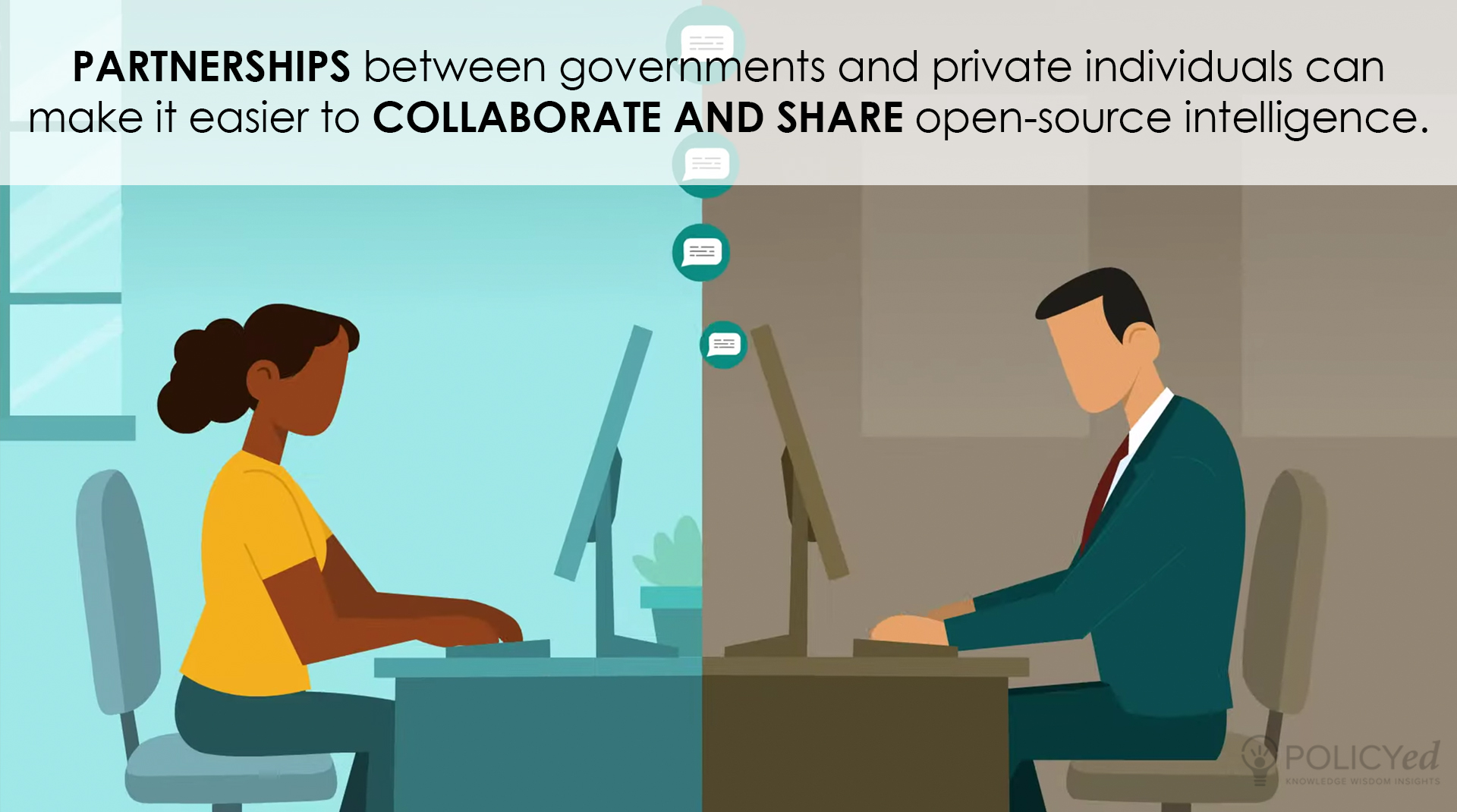Key Facts
Ordinary Power
Tracking criminals and adversaries abroad used to fall to governments, which had a near-monopoly over the collection and analysis of essential information. Today, new technologies enable ordinary citizens to collect and analyze intelligence, too—sometimes more easily, more quickly, and better than governments can.
Understand the Risk
Because open-source intelligence is open to anyone, it comes with some risk. A thin line separates the wisdom of crowds from the danger of mobs. Mitigating those risks requires a few reforms. NGOs that collect and analyze open-source information must develop shared ethical norms, establish quality standards, and institutionalize best practices in order to reduce the risk of errors or other bad outcomes.
What to Do Next
Although some existing intelligence agencies have begun their own open-source initiatives, the US government should create a new agency for open-source intelligence collection and analysis. Finally, governments and private individuals need to build closer partnerships to make it easier to collaborate and share open-source intelligence.




